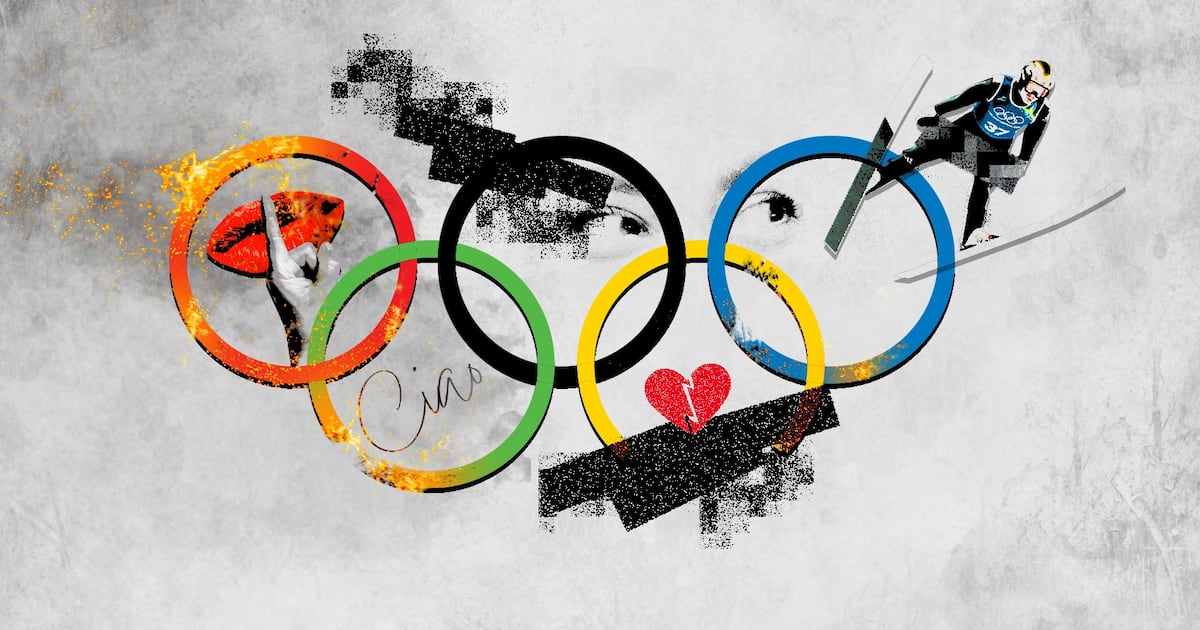There's no shortage of good questions to ask either side of tonight's foreign policy debate: the Benghazi attack, the civil war in Syria, the Arab Spring generally, China, the drug war in Latin America and so on and so on. But no issue looks to loom larger than Iran, where Mitt Romney has increasingly clarified his policy positions. Initial readings of Romney's stances looked a lot like President Obama's. But that's changed over the past days and months. There's more here to debate now than just different levels of rhetoric.Here's a tough question for each side, with brief explanations, that I would ask if I were moderating the debate:
Mr. President, you have said in all manner of ways that an Iranian nuclear weapon would be "unacceptable," and that you will not take options off the table to prevent this outcome—a clear reference to the potential use of military force. But a bipartisan group of foreign policy heavyweights, in addition to numerous top former Israeli security officials, believe that attacking Iran's nuclear facilities could engender grave consequences, with the maximum benefit being only a delay in Iran's nuclear program. What's more, many of these experts think attacking could actually spur the Iranian government to kick out nuclear inspects and actually build a weapon. Can an attack stop Iran?
Governor Romney, after going back and forth on where you would place the "red line," which would trigger military action, on Iran's nuclear program, you've settled on declaring that you would stop an Iranian weapons "capability." On yourcampaign website, you say that if the Iranians get even a weapons "capability," "the entire geostrategic landscape of the Middle East would shift in favor of the ayatollahs." Other than appearing to be at some point short of nuclear weapons "production"—where the President Obama set his red line—"capability" is an ill-defined concept. How do you define a nuclear weapons "capability" and how would that change the Middle East?
These questions would go a long way toward not only allowing the two candidates to flesh out the differences in their policies, for all the voters to see, but they would also greatly improve our national discourse about the Iran issue, which all too often reflects politically heated rhetoric about the Iranians' nuclear program. Instead, these questions draw out the candidates based on heady analysis about the reality of the Iranian program, and American—please forgive the word—capabilities.





